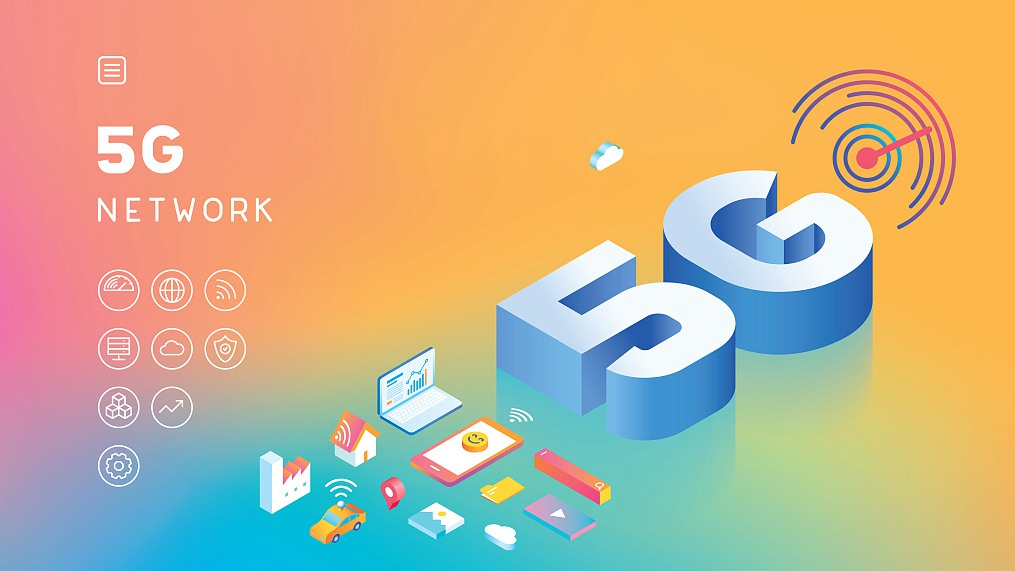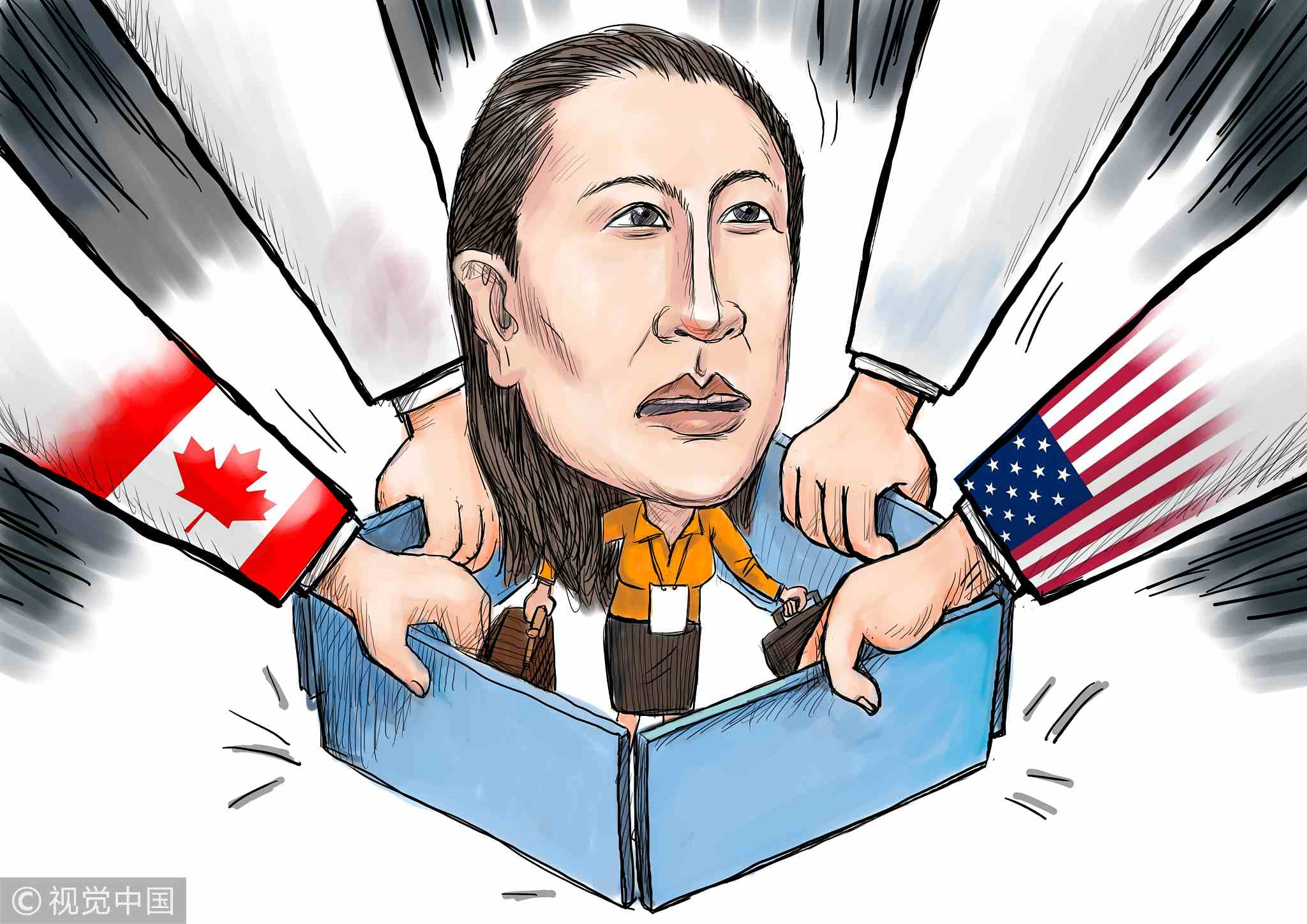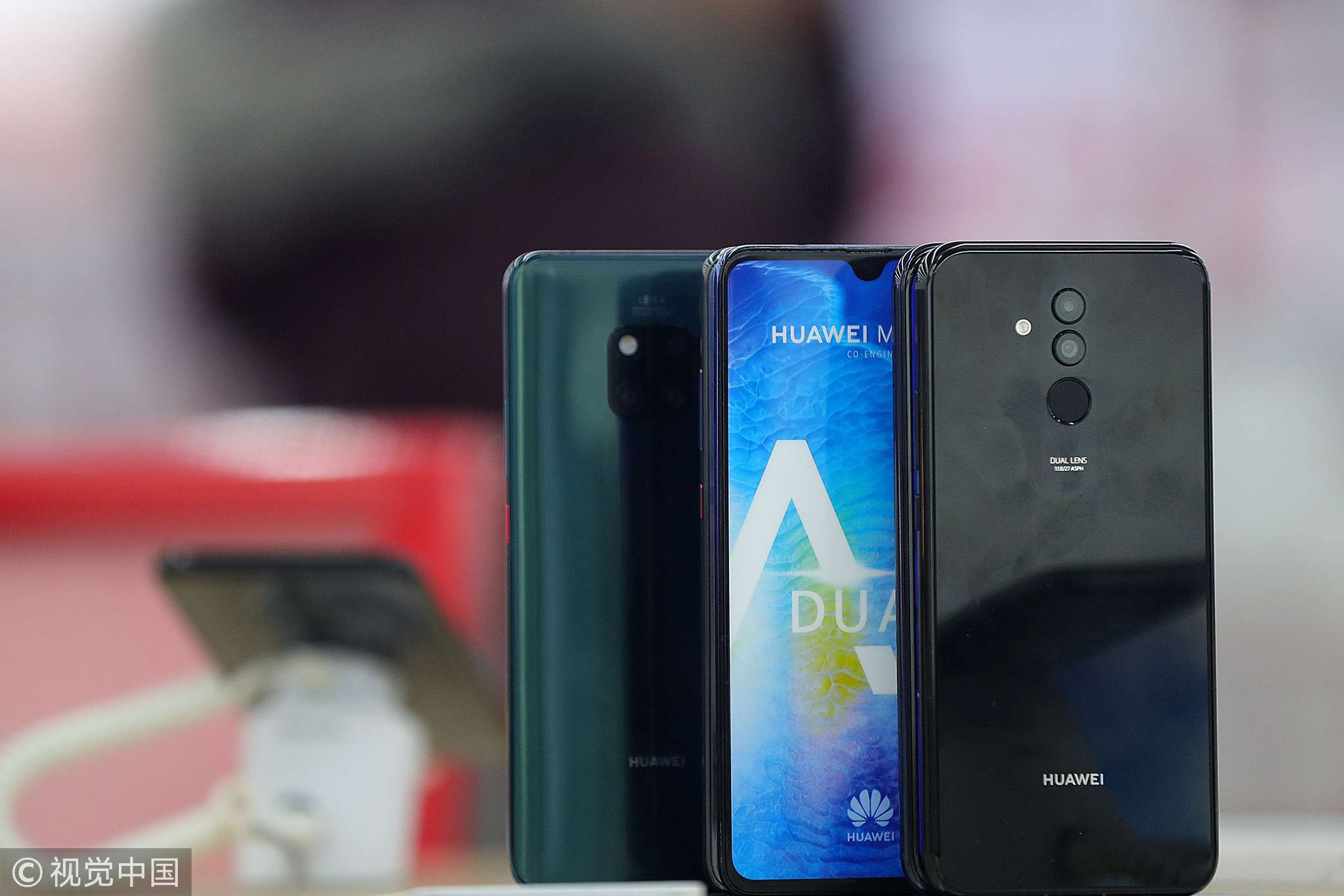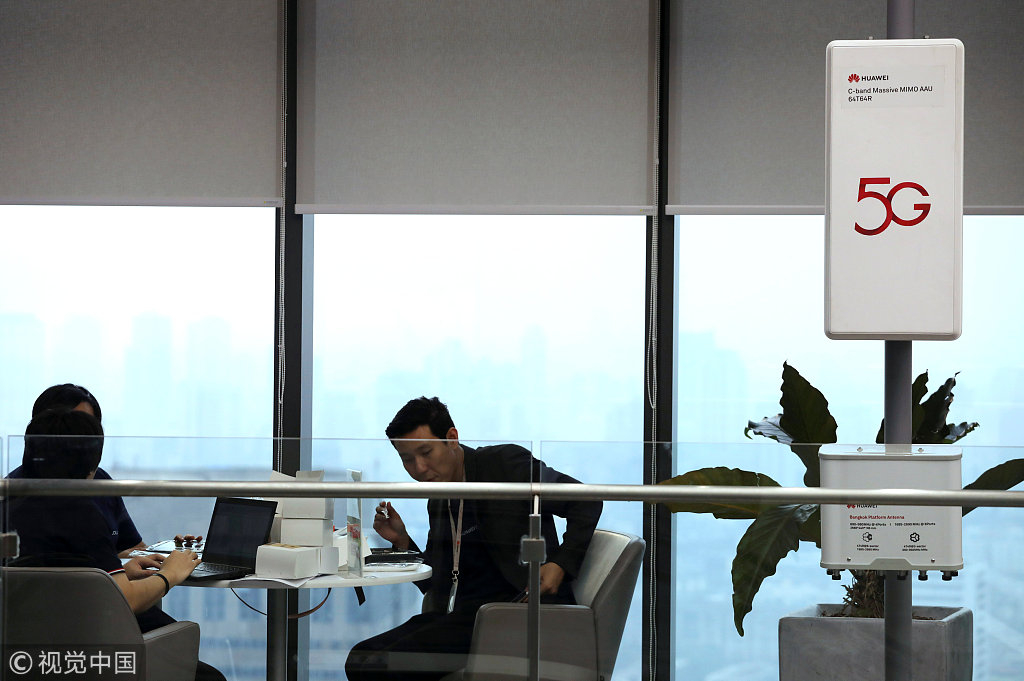
Opinion
22:35, 13-Feb-2019
Why aren't developing countries taking notice of America on Huawei?
Updated
10:42, 14-Feb-2019
Tom Fowdy

Editor's note: Tom Fowdy, who graduated with an MSc in Chinese Studies from Oxford University and majored in politics at Durham University, writes on the international relations of China and the Democratic People's Republic of Korea. The article reflects the author's views, and not necessarily those of CGTN.
Since 2018, the United States has engaged in a global effort to attempt to derail the Chinese telecommunications company Huawei.
Fearful of China's advances in technology, a number of methods have been pursued to isolate the company, including lobbying of allies and coercive diplomacy to ban its participation in global 5G networks, utilization of a fear campaign with claims it is a security threat, passing bills to cut funding to domestic universities that use its technology, a pursuance of criminal charges against it and most notable, requesting the extradition of CEO's daughter Meng Wanzhou.

Huawei CFO Meng Wanzhou was arrested on an extradition warrant in Canada, December 1, 2018. /VCG Photo
Huawei CFO Meng Wanzhou was arrested on an extradition warrant in Canada, December 1, 2018. /VCG Photo
As the assault on all things, Huawei has intensified.
Some have listened to America's call, most particularly those in the “five eyes” network of intelligence sharing. Australia and New Zealand would ban its participation in 5G. The United Kingdom is likely to follow. In other western countries, even if the government is not prepared to take steps, companies themselves have backed away from using it under the international pressure Washington is creating, including Britain's BT and France's Orange.
But not everybody is listening.
While the media have been forthright in supporting the policy and advocating America's claims without any criticism, framing it in terms of a "global backlash" against the Shenzhen firm, in the background, a growing number of countries have in fact dismissed Washington's demands to drop the firm from their 5G networks.
The first country to do this was Papua New Guinea, but recently Thailand, the Philippines, and Hungary have all indicated they have no interest in excluding Huawei.
Hungary has publicly rubbished Mike Pompeo's comments.

Huawei Technologies Co. Mate20 Pro smartphones sit on display inside a Media Market electronic goods store, operated by Ceconomy AG, in Berlin, Germany, December 17, 2018. /VCG Photo
Huawei Technologies Co. Mate20 Pro smartphones sit on display inside a Media Market electronic goods store, operated by Ceconomy AG, in Berlin, Germany, December 17, 2018. /VCG Photo
There is a pattern emerging. Although some fully developed western countries might be prepared to take the pain of listening to Washington's requests, poorer, developing countries are not. Why? Because they cannot afford to neglect nor diminish national infrastructure development for the sole cause of appeasing Washington's geopolitical preferences. The United States is out of touch. It fails to comprehend the interests and needs of these countries, yet fully expects they comply to such self-centered mechanisms.
For the developing world, Huawei's participation in the construction of telecommunications infrastructure and most importantly, a 5G network is extremely beneficial. Because of China's enormous domestic market and surplus labor force, companies are able to operate at profit margins on substantially lower costs.
This means Huawei can offer extremely competitive and flexible prices, of which poorer nations can afford. Compare this to other 5G vendors, such as Ericsson, who are primarily based in small, low-populated European companies. Sweden has eight million people, Beijing as a city alone has twice that!
Now if you place yourself in the views of the leadership of let's say Thailand or the Philippines, you will immediately understand that developing infrastructure is not a preference, it is a necessity. Your country has a lot of poverty. If you want to develop, grow, become competitive and stay competitive and connected to the world, you need connectivity, you need top-notch telecommunications.

A Huawei 5G device is pictured outside an exhibition in Bangkok, Thailand, January 30, 2019. /VCG Photo
A Huawei 5G device is pictured outside an exhibition in Bangkok, Thailand, January 30, 2019. /VCG Photo
Huawei's 5G network presents to you the most affordable opportunity to do that, giving you access to the most forefront technology available. For the economic goals and interests of your country, that is a no-brainer.
The United States cannot seem to understand that.
Simply because for them, the assault on Huawei is attached to very inward foreign policy goals. That is, the need to prevent China from overtaking them in technology and prevent its escalation in global value chains. As a result, it weaponizes rhetoric that the company is a "threat" to try and mask its interests with something that appears to be morally legitimate, which of course the media buy.
While closely related countries such as the "five eyes" may listen to this, however, there is a disconnect between America's demands and developing countries interested in doing business with it. Simply because Washington's calls to ban Huawei are seen for what they are, thinly concealed, self-interested foreign policy objectives which do not take any account for the economic and social problems of which that country is facing.
Do you think a country with the economic challenges of Papua New Guinea, for example, are going to throw their entire 5G Internet development up in the air just because a jealous America is spreading hysteria about so-called "Chinese spying?"
This type of rhetoric is patronizing and completely out of touch. There are numerous more countries throughout Asia, Africa, Europe and the Middle East who are all looking to Huawei for 5G. The media won't highlight it, but you will be surprised how many simply won't be taking any notice of Washington.
(If you want to contribute and have specific expertise, please contact us at opinions@cgtn.com.)

SITEMAP
Copyright © 2018 CGTN. Beijing ICP prepared NO.16065310-3
Copyright © 2018 CGTN. Beijing ICP prepared NO.16065310-3